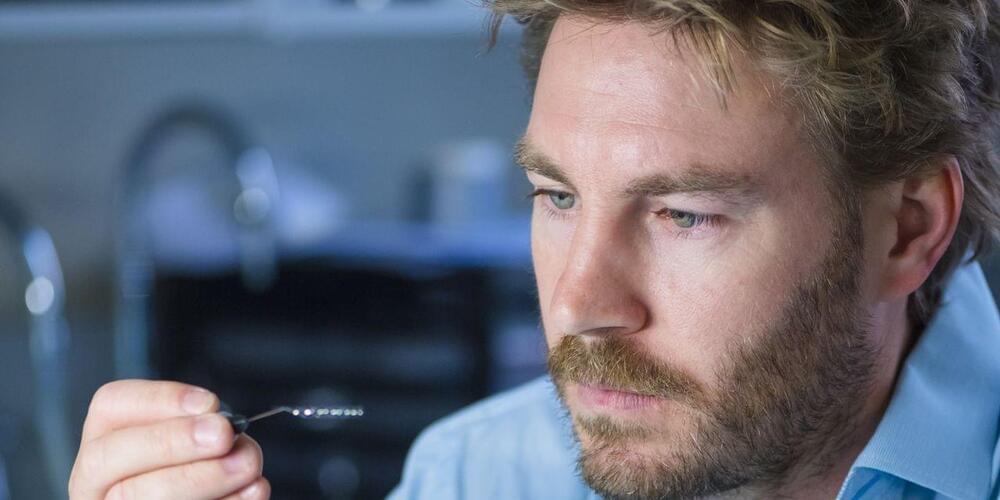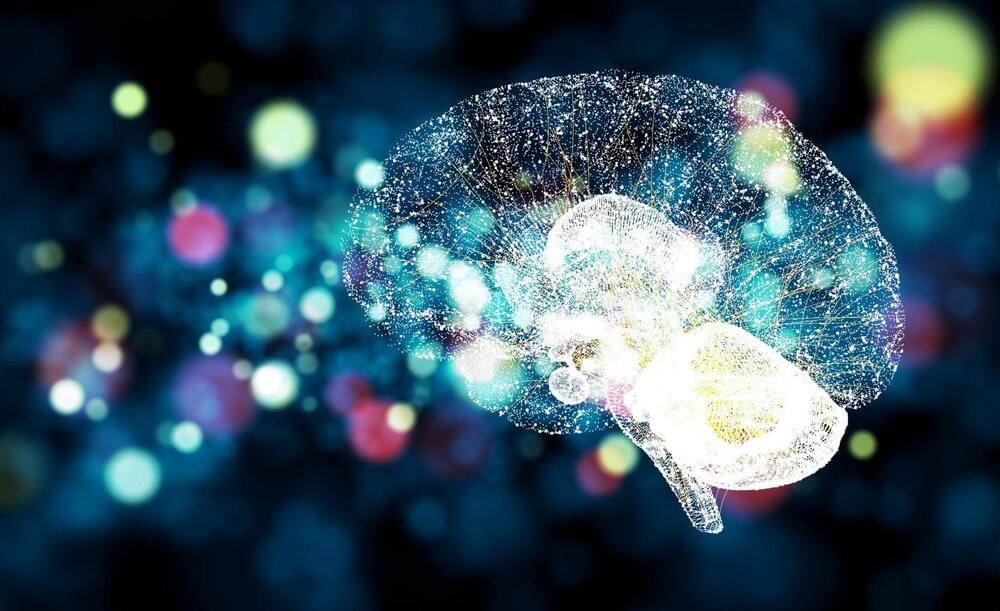When we think about gene editing, the first thing we remember is the designer babies, and that it’s usually called unethical. But actually, gene editing (CRISPR) may be one of the most promising upcoming medical technologies. Learn why in this video.
Check out other videos from this series:
https://www.youtube.com/playlist?list=PLnWSi4zEceYXPCBYXZ9ZEV-9q44ebksoo.
0:00 — Opening scene.
0:20 — Gene editing is promising. Here’s why.
2:35 — Also, it can transform the beauty industry.
3:49 — How does gene editing work?
4:16 — My thoughts on that.
5:16 — End credits.
Text me: [email protected].
Business inquiries: [email protected].
Directed by Valentin Shevtsov.
© Shevtsov Originals, 2021.
#dna #science #medicine.






